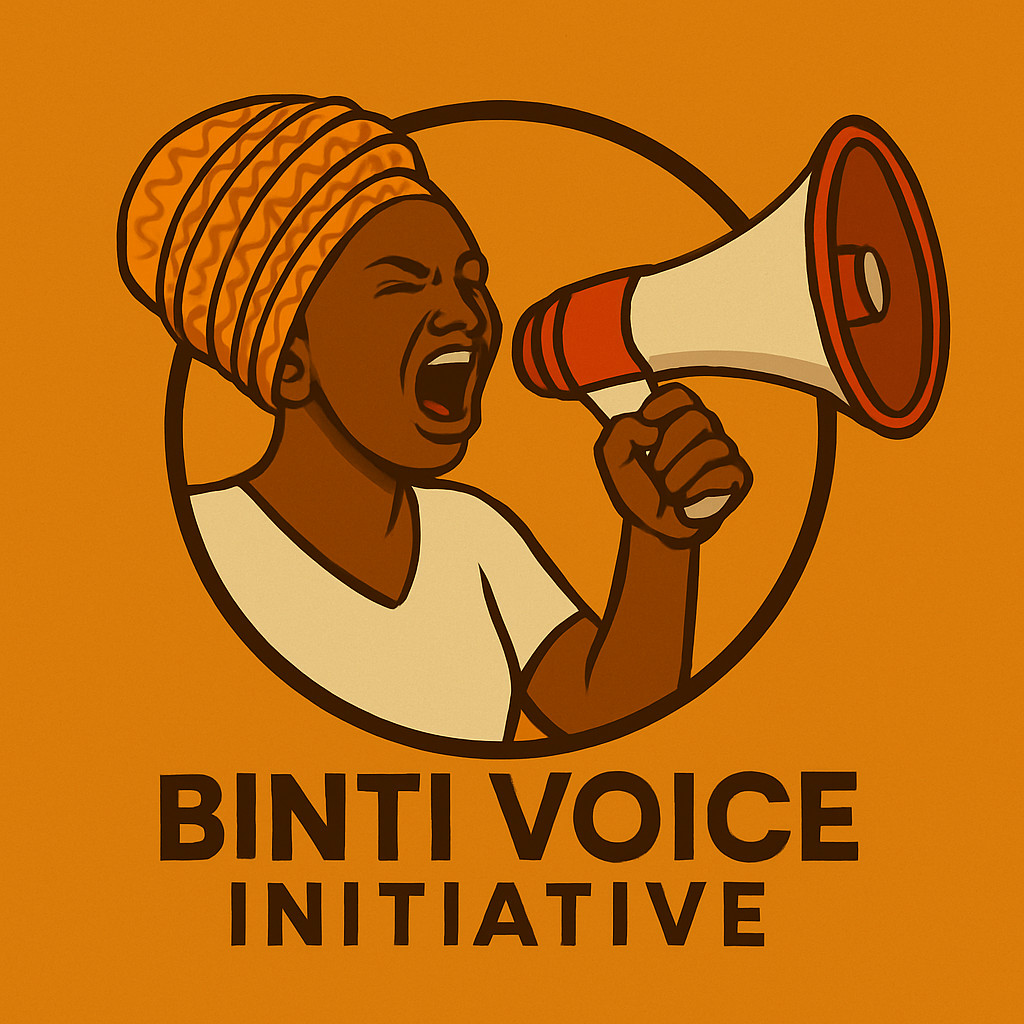“The roots of education are bitter, but its fruits are sweet”
Aristotle
This Individual major encompasses a diverse array of interdisciplinary courses among which we have: Social Work, Psychology, Political science, Sociology and Business courses.
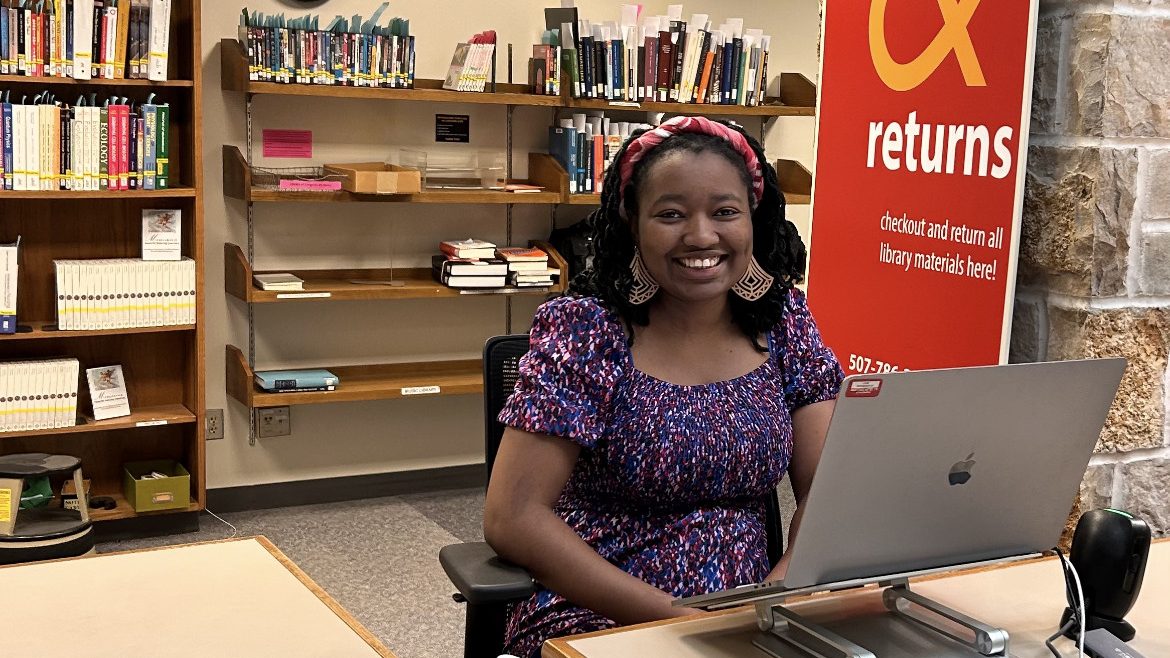
Social Work 258: Social Policy
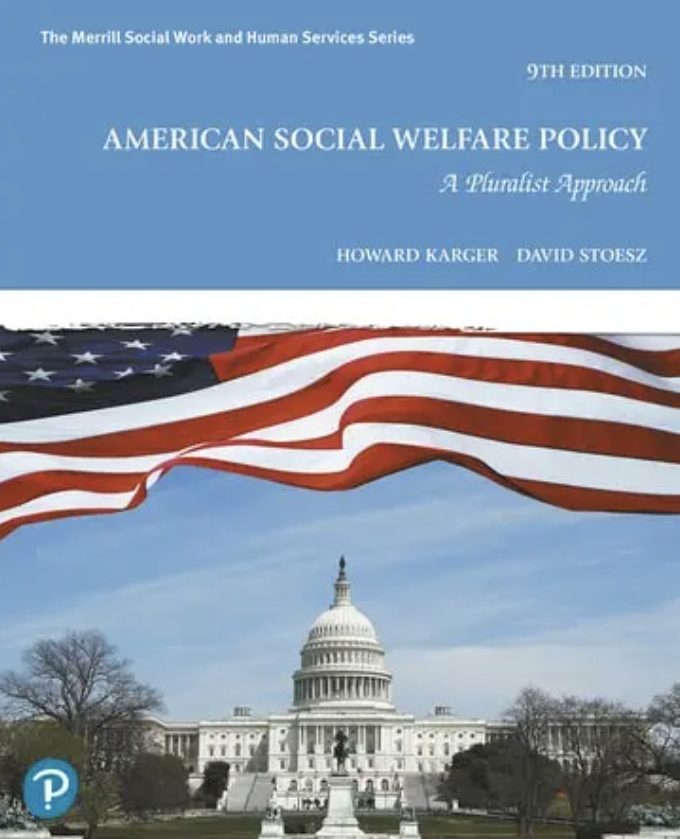
American Social Welfare Policy
Social welfare policies exemplify how society’s values and needs translate into policies and programs. Social workers create, implement, and evaluate policies in all areas of social policy. Students study policy formation and analysis that reflect interests and powers of diverse groups as well as economic and social realities of certain populations at risk of poverty and discrimination. The course emphasizes policy impact on women, people in poverty, people of color, and empowerment in policy practice.
It fits within my major because I aim to understand how societal norms, policies and systems affect the lives of women and their empowerment and By learning how social policy impacts real people, I can become better a advocate and amore compassionate changemaker. This is a Social Work course that provide training to aspiring social workers to identify strengths and problems of diverse individuals and families; frame goals and plans for change and use ethical decision-making, informed by the scientific method. This training aims to help caseworkers work effectively with individuals and families.
Social work 254: Inclusive Practice for Individuals and Families
This is a Social Work course that provide training to aspiring social workers to identify strengths and problems of diverse individuals and families; frame goals and plans for change and use ethical decision-making, informed by the scientific method. This training aims to help caseworkers work effectively with individuals and families.
This course is important for my major because it provides me with the knowledge and skills to empathize with clients, understand their struggles and therefore advocate for them.
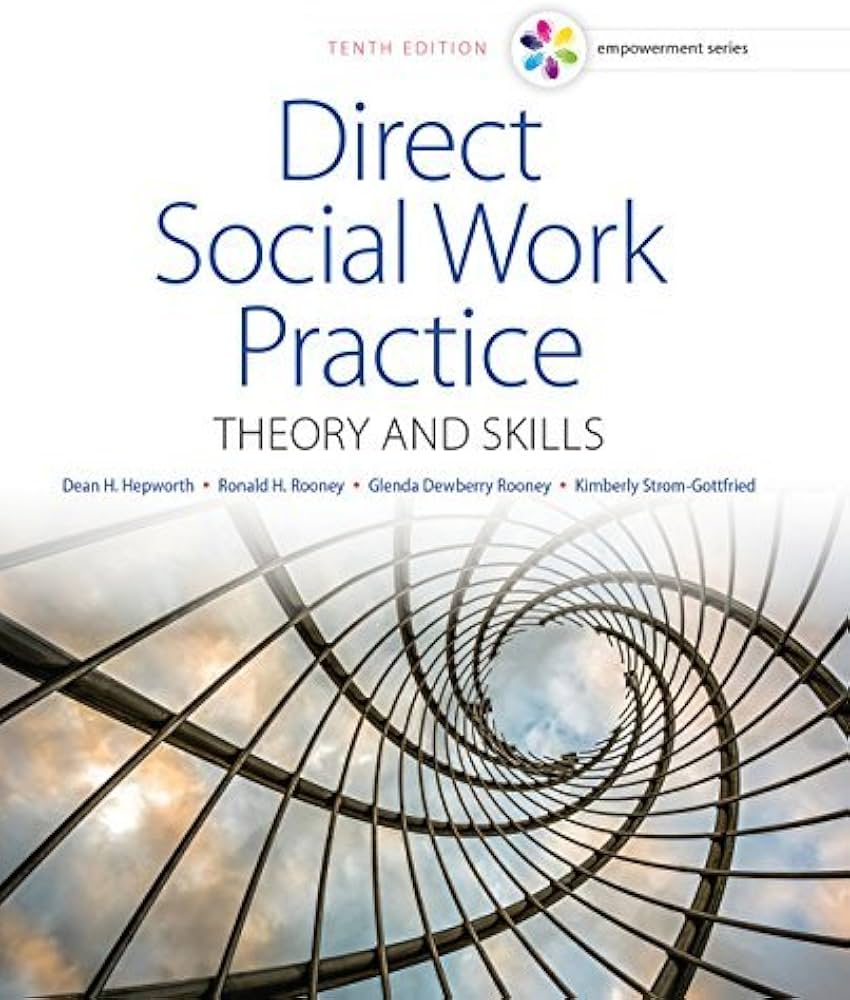
Direct Social Work Practice
Social Work 261: Inclusive practice for groups, communities and organisations

Group Work : A Humanistic and Skills Building Approach
Inclusive Practice for Groups, Communities and Organisations is a course that train Social Work students to assess strengths and problems of diverse groups, organizations, and communities and use the systems perspective to help client systems frame goals and plans for social change. Students assess macrosystems and develop plans for implementing change that are reflective, scientific, just, and grounded in the liberal arts.
This course is essential for this major because it teaches important advocacy skills and organisation structures that I need to know as I have a long term goal of building a start-up NGO that would uplift the lives of women and children in the Congo.
Social Work 274: Research Methods
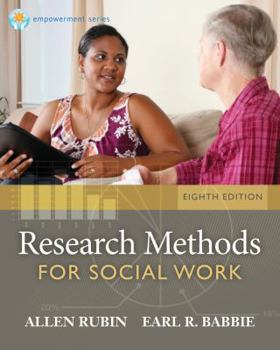
Research Methods for Social Work
Research Methods is a course for social work majors to study scientific philosophies and approaches to ethical knowledge building for social work practice. The course includes an overview of the research process using both quantitative and qualitative methods, with special attention to how research knowledge informs generalist social work practice.
This course is important for my major because it teaches how to use research to understand and solve real-world social problems. It does strengthen ethical thinking and critical analysis, which are essential when working with diverse communities. By understanding how research informs social work practice, I can be better prepared to create effective and ethical solutions that truly meet the needs of the people I serve.
Social Work 246: Human Behavior in the Social Environment
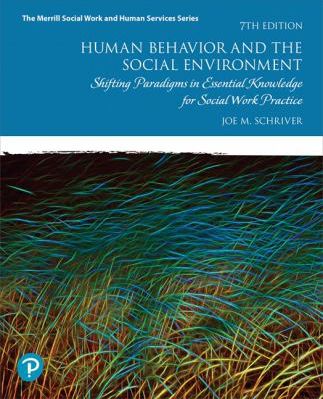
Human Behavior And Social Environment
Human Behavior in the Social Environment is a Social Work course that helps students understand how people’s thoughts, actions, and relationships are shaped by their surroundings like family, culture, race, community, and social systems. This course gives students the tools to assess people’s needs using different perspectives, such as the strengths perspective, anti-oppressive approach, and empowerment lens.
For Social Entrepreneurship and Community Advocacy major, this knowledge is important because it will helps the student (me) create meaningful programs and advocate for change that respects people’s lived experiences and cultural backgrounds. It will also help me become more thoughtful, ethical, and an effective leader in my community.
Social Work 373: Just Practice
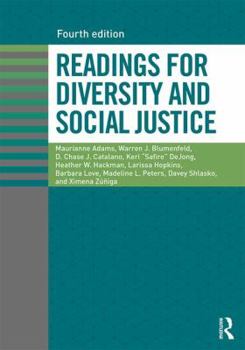
Readings for Diversity and Social Justice
By adams, maurianne
Just Practice is a course that allows students to practice important skills like assessing a client’s needs, creating plans, and evaluating outcomes while being mindful of cultural differences and systemic injustices. Through role-plays and community immersions, students gain hands-on experience working with individuals, families, groups, and communities from diverse backgrounds.
This course is especially valuable for my major because it teaches me how to apply social justice values in everyday work. It also strengthens leadership, communication, and problem-solving skills, which are crucial when designing programs, influencing policy, or supporting marginalized groups. Through an assignement given in this course, I learned that there is power of storytelling for the healing of trauma-affected population and it informed my Digital Storytelling app design.
MGMT 257: Design Thinking for Innovation
This course empowers students to develop a business or not-for-profit venture concept using the Design Thinking Process. Students acquire an understanding of the entrepreneurial process: opportunity recognition, resource marshaling, and team building, driven by communication, creativity, and leadership. The course concentrates on the entrepreneurial process from idea creation to ultimate business or other organizational activity. A variety of instructional techniques are used, including group projects and guest presenters.
This course is important for this major and for me because not only it walked me through the full entrepreneurial journey—from identifying a problem to building a team and launching a project but it also helped me build important skills like creativity, leadership, and communication necessary for advocacy.

Value Proposition Design
By osterwalder, alexander
PSYCH 241: Development Psychology
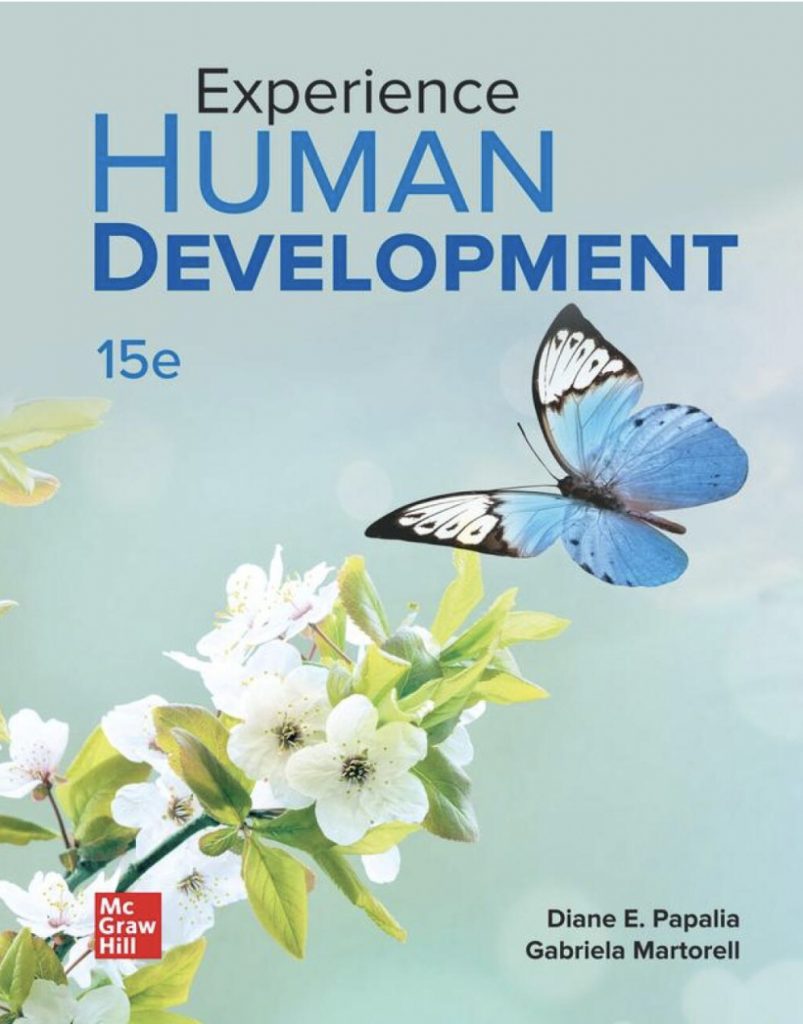
Experience Human Development (Looseleaf)
By papalia, diane e.
This course helps students better understand human development from the moment of conception and across the life span. The course focuses on biological and environmental factors that shape human development. Major changes in physical, cognitive, personality and social development are discussed
This course is important for my major because it helped me understand how people grow and change from birth to old age, and how both biology and the environment shape that development. By studying physical, emotional, mental, and social development, I have gained insight into the different needs people have at each stage of life and it will be effective as I advocate for the needs of women from different stages of life.
FAMST 398: Independant Research on PTSD Family Based Treatments (Case studies of Israel and Rwandan genocides)
This independent study explore how war-related trauma affects families, especially the parent-child relationship in the context of Rwanda and Israel. It does focus on understanding PTSD in family systems, comparing treatment options across different cultures, and identifying therapy approaches that can help families heal.
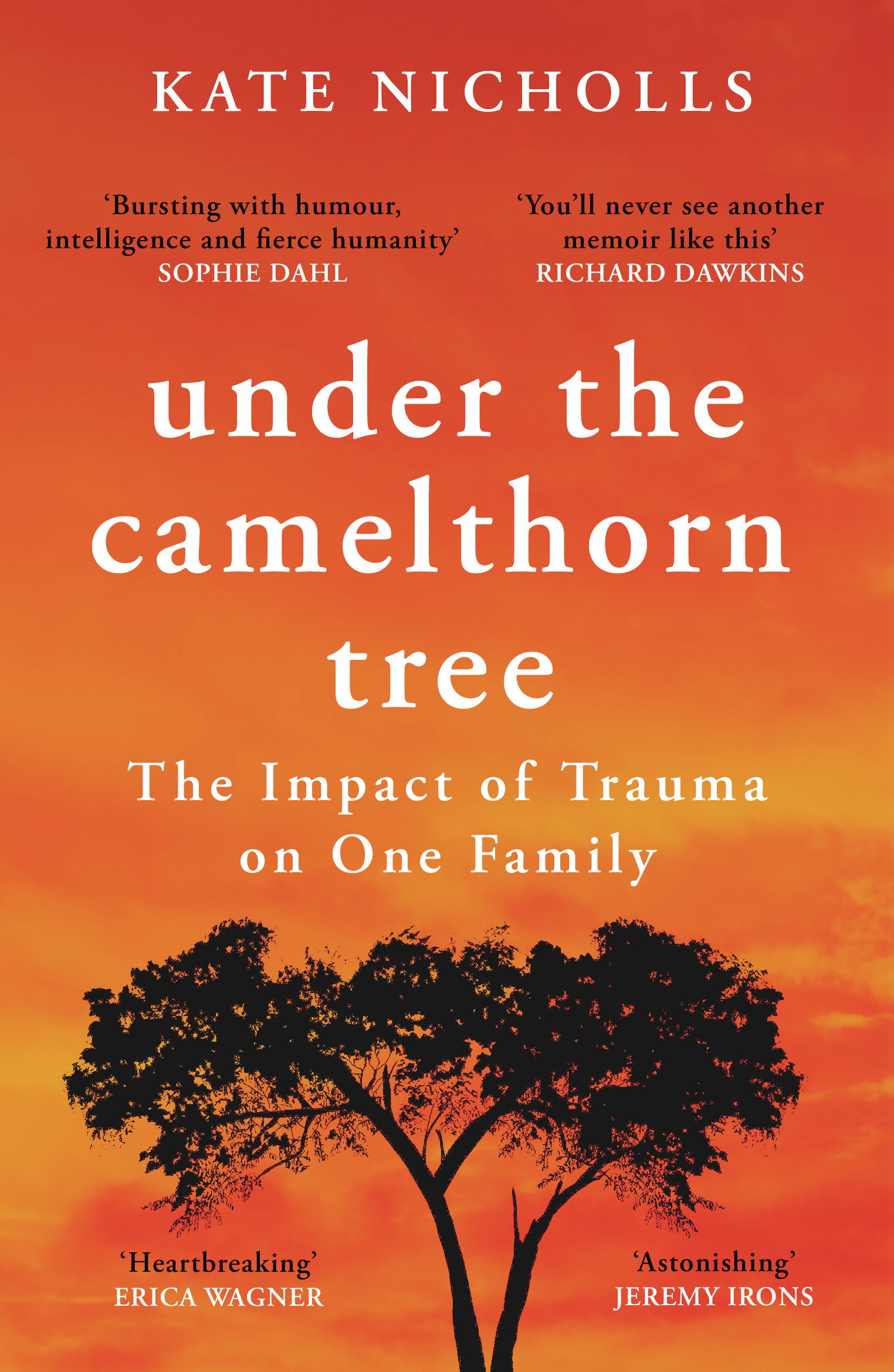
https://www.hachette.com.au/kate-nicholls/under-the-camelthorn-tree-the-impact-of-trauma-on-one-family
As a Community Advocacy and Social Entrepreneurship major, this study is important because it deepens my understanding of how trauma impacts families and how to respond with culturally sensitive, family-centered care. It equips me to develop programs and services that support healing in communities affected by war and displacement.
ECON 121: Principles of Economics
This course takes an analytical approach to economic reasoning and contemporary issues. The course introduces microeconomic and macroeconomic theories with applications to relevant topics, such as employment, growth, environmental protection, affirmative action, exchange rate fluctuations, taxes, and welfare reform. Students explore economics as an intelligent approach to understanding our daily lives as citizens, workers, managers and consumers.
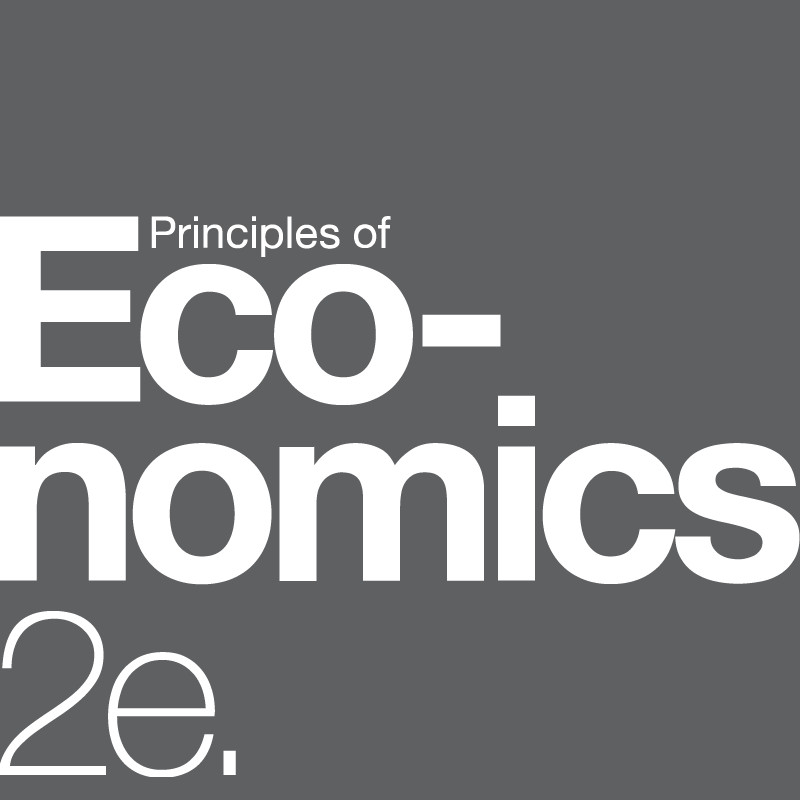
https://www.amazon.com/Principles-Economics-Steven-Greenlaw/dp/1938168232
This course is important because it helps me understand how economic systems and policies affect communities. By learning about topics like employment, taxes, welfare, and economic growth, I can better analyze the root causes of poverty and inequality.
PSCI 298: Independant Research on Conflicts, Theory, & Relief Organisations
This independent study explores international conflict with a focus on Central Africa. The course is divided into three sections: (1) conflict theory and how political science helps us understand the causes of war, (2) case studies showing the consequences of conflict on individuals and societies, and (3) an overview of relief organizations, including Christian organizations, that work to reduce suffering and rebuild communities.
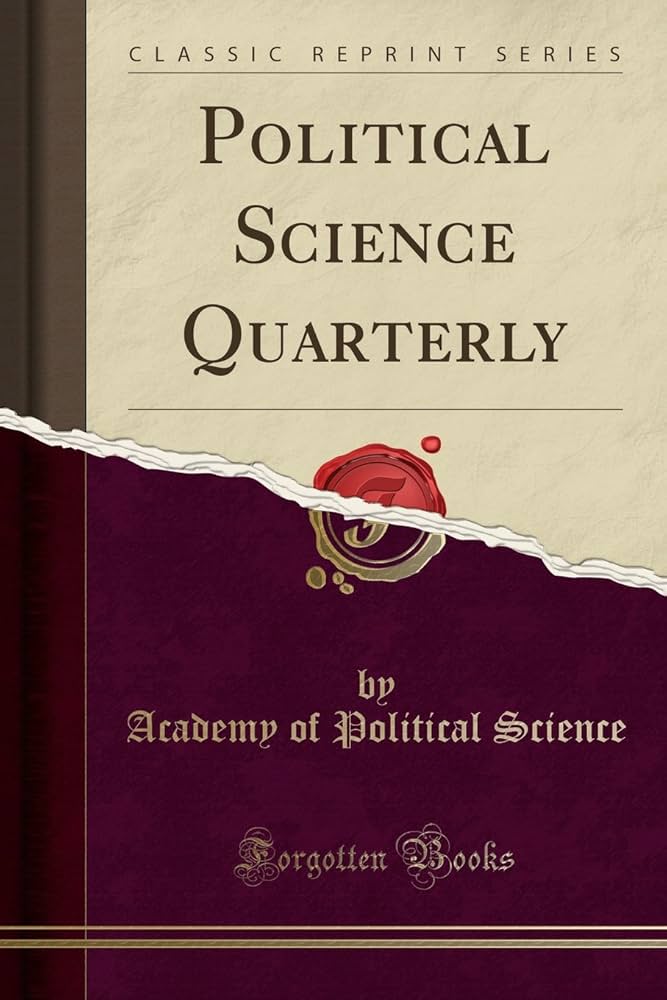
This course is relevant to my Major because it gave me an overview of the causes of war and the effectiveness of different humanitarian organisations that work in war zone. It is important because I aim to advocate for communities in the Democratic Republic of Congo, a country that has received a great amount of humanitarian help due to the unceasing war dating for 30 years.
BUS 251: Management
This course familiarizes the student with the major management functions of planning, organizing, leading, and controlling. The study of management theory is linked with application exercises. Students begin to develop the management skills necessary in any organization, whether it is a for-profit or not-for-profit venture, a small business or a large corporation.

This course is important and relevant to this major because strong management skills are crucial for leading community projects and launching social ventures. Whether I am managing a nonprofit, organizing community programs, or building an advocacy campaign, understanding how to lead teams, plan effectively, and make strategic decisions is key to making a lasting impact.
